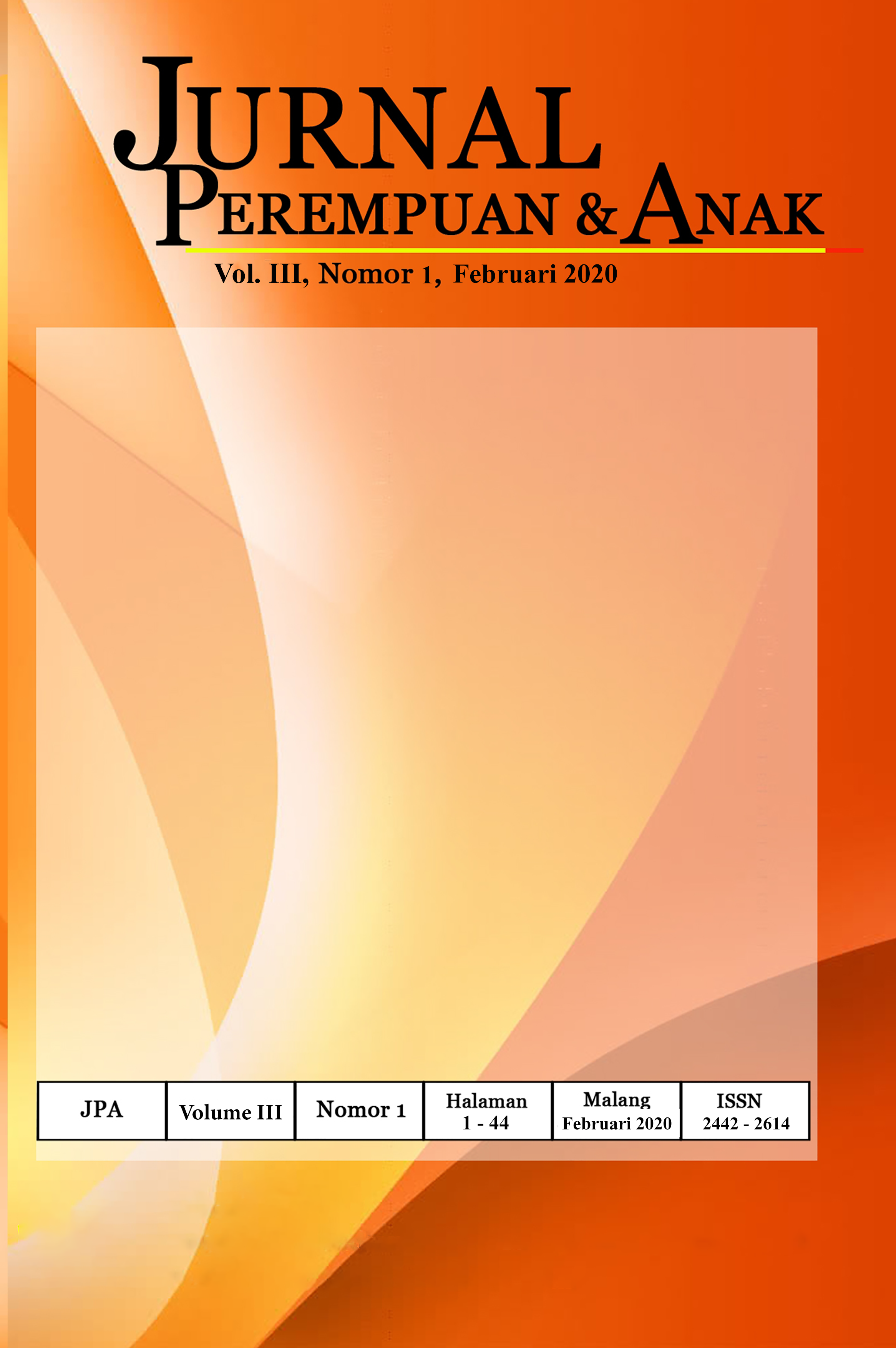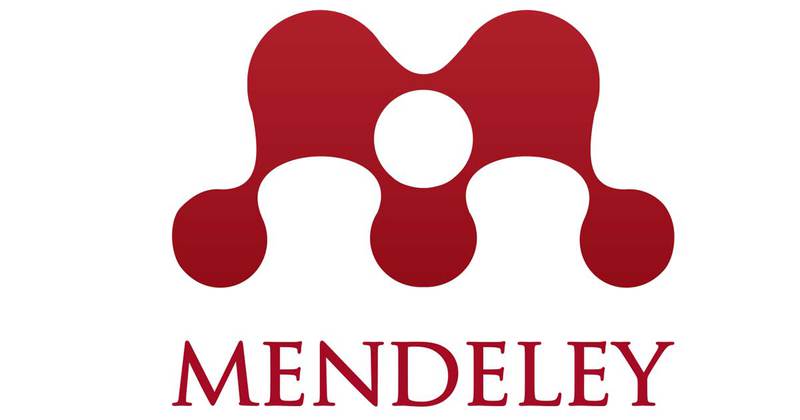Empowerment of Village Women Based on Local Wisdom in Efforts to Achieve Family Food Security (A Study on Women's Ex-Migrant Workers in Indonesia - Druju Village - Malang Regency)
DOI:
https://doi.org/10.22219/jpa.v3i1.9150Keywords:
pemberdayaan, kearifan lokal, kelompok usaha bersamaAbstract
Rural women are very dependent on the natural environment. However, in the majority of village resources that do not care about the role of women, increasingly increasing women's access and control of resources in the village and marginalized from the development process. Analysis of post-Indonesian Migrant Workers-Women (PMI-P) using the GIS (Geographic Information System) method and factor analysis in an effort to determine the empowerment program of Indonesian Migrant-Women Workers (PMI-P) in accordance with local wisdom. Women as housewives in addition to their role in helping husbands to find additional income for assistance are also responsible for managing the family economy. Those who survive with very affordable money can still eat well and survive. Acceptable women have an important role in efforts to increase family resilience. Based on the local wisdom of Druju Village, the researcher offers two business choices that make processed products made from batik and processed products made from corn. With the analysis of factors obtained by the results of the female respondents Druju Village prefers processing business products made from batik. Based on the empowerment capital determined by Druju Village, the strategy of empowering women workers is in accordance with the Aras Mezzo strategy, with the aim of empowering the establishment of a Joint Business Group (KUB) of processed products made from batik
Downloads
References
Balady Ashfin. 2018. Aktualisasi Modal Sosial Dalam Pemberdayaan Komunitas (Studi Kasus Program Penataan Lingkungan Permukiman Berbasis Komunitas di Desa Wonokerto, Kecamatan Turi, Kabupaten Sleman). Skripsi: Program Studi Ilmu Kesejahteraan Sosial Fakultas Dakwah dan Komunikasi Universitas Islam Negeri Sunan Kalijaga. BNP2TKI. 2015. http://m.suaramerdeka.com. Diakses tanggal 26 Februari 2017. Coleman, J. (1999). Social Capital in the Creation of Human Capital. Cambridge Mass: Harvard University Press. Dees,JG. 1998. The Meaning of “Sosio Entrepreneurship”. Fitriati,R. Socio Entrepreneurship- Kewirausahaan Sosial. Presentasi Fisip UI. FAO. 1996. World Food Summit, 13-17 November 1996. Rome, Italy: Food and Agriculture Organisation of the United Nations. Ganggan,Ganjar R:Roni,Mukron.2015. Pemberdayaan Perempuan Melalui Daya Saing Produk Berbahan Ramah Lingkungan (Go Green) Di UKM Palembang. Jurnal Ilmiah MbiA Vol.14 No.1,April 2015:31-34. Kartasasmita,G. 1996. Pembangunan Untuk Rakyat. Memadukan Pertumbuhan dan Pemerataan. Jakarta.CIDES. Mardikanto, Totok: Subianto Poerwoko. 2017. Pemberdayaan Masyarakat. Bandung. Alfabeta. Mukti,Abdul. 2010. Beberapa Kearifan Suku Dayak Dalam Mengelola Sumberdaya Alam. Skripsi. Unversitas Brawijaya. Peraturan Menteri Dalam Negeri Nomor 26 Tahun 2012 Tentang Pemberdayaan Masyarakat Yang Akan Menjadi Calon Dan Purna Tenaga Kerjan Indonesia. Ratnasari,Dwi. 2016. Pemberdayaan Perempuan Dalam Pendidikan Pesantren. Jurnal ‘Anil Islam,Vol 9, Nomor 1, Juni. Republik Indonesia. 2002. Peraturan Pemerintah Republik Indonesia Nomor 68 Tahun 2000 Tentang Ketahanan Pangan. Jakarta: Sekretaris Negara RI. Santosa,A. 2008. Konservasi Indonesia, Sebuah Potret Pengelolaan & Kebijakan Bogor. Pokja Kebijakan Konservasi. Sri Hartini.2003. Pondok Pesantren dan Pemberdayaan Ekonomi Masyarakat. Jurnal PMI September,hal 45. Supriono, Flassy dan Rais (2008). Modal sosial: definisi, dimensi, dan tipologi. PProceedings of Conference in Business,Accounting and Management, p 131-144. Suharto, Edi. 2010. Membangun Masyarakat Memberdayakan Rakyat. Yogjakarta. Buku Beta. 2014. Membangun Masyarakat Memberdayakan Rakyat: Kajian Strategis Pembangunan Kesejahteraan Sosial dan Pekerjaan Sosial. Bandung : Refika Aditama. Syabra, R. 2003. Modal Sosial: Konsep dan Aplikasi. Jurnal Masyarakat dan Budaya,Vol V,No 1:1-5. UU No. 18 Tahun 2017 Tentang Perlindungan Pekerja Migran Indonesia. Wijayanti,Kesi. 2011. Model Pemberdayaan Masyarakat. Semarang. Jurnal Ekonomi Pembangunan,volume 12 Nomor 1. Yuniriyanti,Eny .2017. The Development Model of Woman Empowerment in Order to Increase Family’s Food Tenacity.JESP-Vop 9,No.1,March 2017.
Downloads
Published
How to Cite
Issue
Section
License
Authors who publish with Jurnal Perempuan dan Anak (JPA) agree to the following terms:
- For all articles published in Jurnal Perempuan dan Anak (JPA), copyright is retained by the authors. Authors give permission to the publisher to announce the work with conditions. When the manuscript is accepted for publication, the authors agree to automatic transfer of the publishing right to the publisher.
- Authors retain copyright and grant the journal right of first publication with the work simultaneously licensed under a Creative Commons Attribution-ShareAlike 4.0 International License that allows others to share the work with an acknowledgment of the work's authorship and initial publication in this journal.
- Authors are able to enter into separate, additional contractual arrangements for the non-exclusive distribution of the journal's published version of the work (e.g., post it to an institutional repository or publish it in a book), with an acknowledgment of its initial publication in this journal.
- Authors are permitted and encouraged to post their work online (e.g., in institutional repositories or on their website) prior to and during the submission process, as it can lead to productive exchanges, as well as earlier and greater citation of published wor (See The Effect of Open Access).
This work is licensed under a Creative Commons Attribution-ShareAlike 4.0 International License








